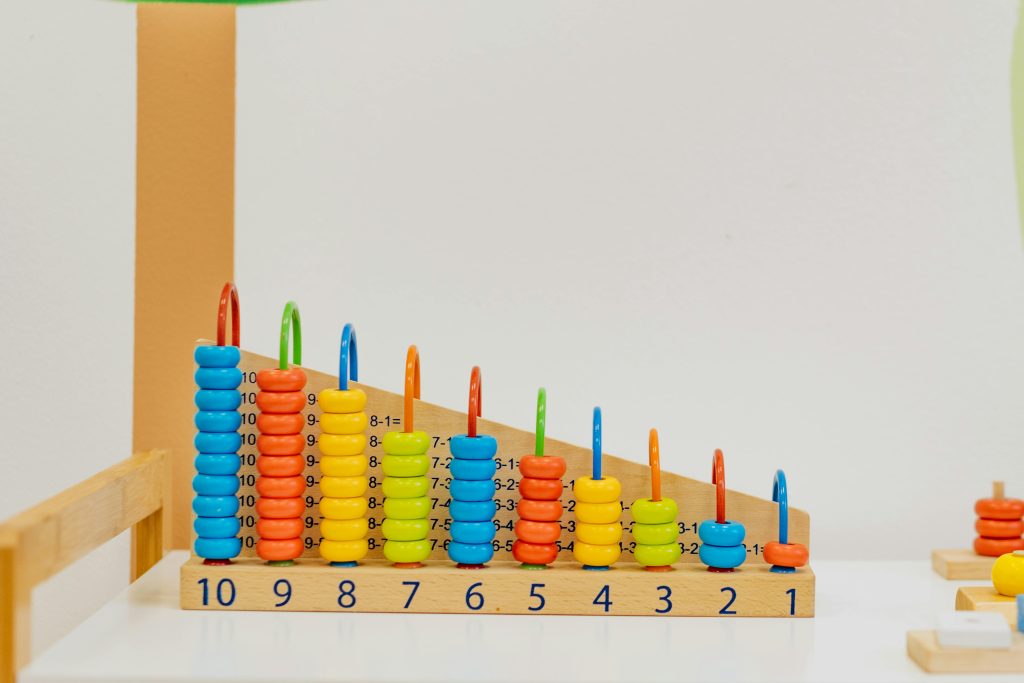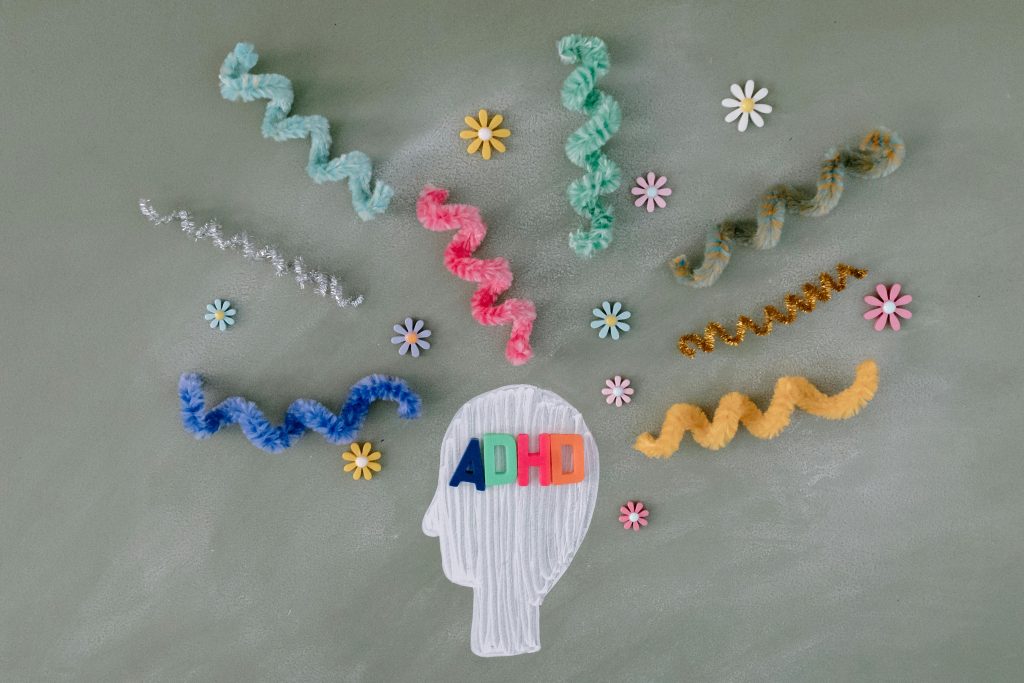
When parents think about helping their children succeed in elementary math, they often imagine flashcards, worksheets, or long evenings of math homework. But research shows that one of the most effective tools for deep understanding is something far more tangible: manipulatives. Blocks, counters, fraction circles, and even simple beads give children physical objects to move, count, and explore. These are not just fun extras—they connect directly to how the brain learns.
The Biological Case for Hands-On Learning
The human brain is wired to learn through movement and touch. When children handle objects while solving math problems, multiple regions of the brain are activated at once—the visual cortex, motor cortex, and prefrontal cortex all work together. This multisensory activation strengthens neural pathways, making abstract math concepts easier to remember.
For example, when a child moves ten blocks into one group, their brain processes not just the number ten but also the weight, feel, and sight of those blocks. This sensory-rich experience engages working memory and improves long-term retention. Studies in developmental psychology confirm that concrete experiences help children transition smoothly from counting with their fingers to solving symbolic equations.
Reducing Math Anxiety
Many students struggle with anxiety when numbers remain abstract symbols on a page. Manipulatives reduce this stress by giving children a sense of control. Instead of staring at “7 + 3,” they can hold ten counters and physically divide or combine them. This tactile reassurance helps reduce stress responses in the brain, enabling clearer thinking and increased confidence.
Bridging the Gap with Tutoring
For families in Bethesda, Potomac, Rockville, and the surrounding areas of Maryland, manipulatives are especially valuable tools in math tutoring sessions. A skilled math tutor can use hands-on methods to diagnose gaps in understanding and then build strategies that connect concrete play to abstract reasoning.
At TutorPro, we’ve seen that students who begin with manipulatives often make faster progress and enjoy math more. Whether it’s practicing place value with base-ten blocks or exploring fractions with pizza slices, these tools turn learning into an active process. That same approach helps children in Washington, DC, Arlington, McLean, and Fairfax, VA, who may be preparing for tests or catching up on challenging material.
From Classroom to Home
The benefits of manipulatives don’t end in school. Parents can encourage children to use everyday items at home—coins, Legos, or even measuring cups. When paired with structured support from a math tutor, manipulatives make math homework less intimidating and more meaningful.
Conclusion
Manipulatives are more than teaching aids; they’re brain-building tools. By engaging multiple senses, lowering anxiety, and making math concepts concrete, they lay the foundation for success in elementary math. For families across Bethesda, Maryland, and nearby communities, integrating manipulatives into classroom learning and math tutoring can be the difference between frustration and confidence.

